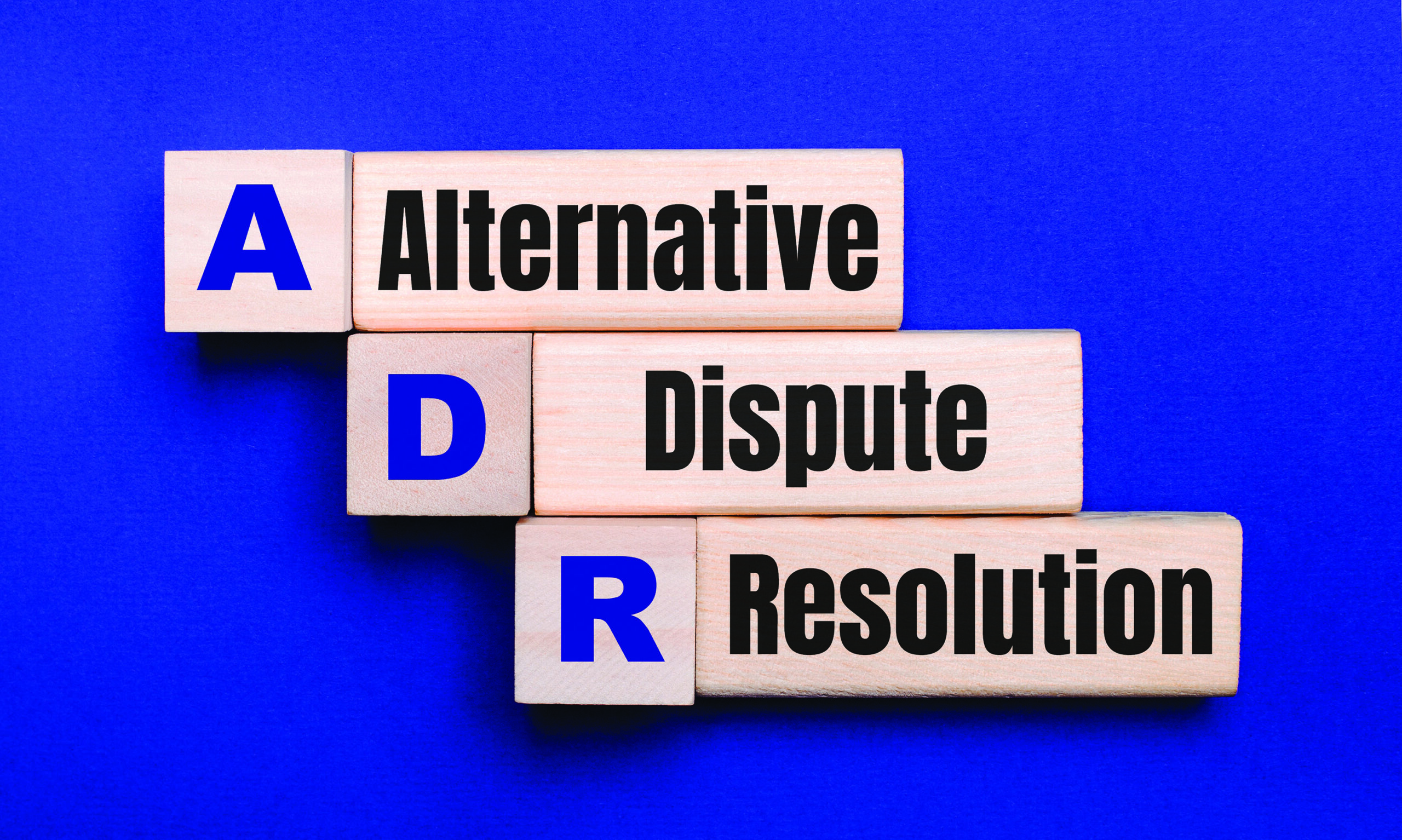Alternative Dispute Resolution
What is Alternative Dispute Resolution (ADR), and will it help me finalise my divorce faster and cost less than going to court?
ADR is a way to privately resolve a dispute between a married or cohabiting couple which is faster and cheaper than having to go to court. You need to approach it with an open and cooperative mindset and a clear idea of your goals along with a willingness to reach a compromise.
ADR can be:
Mediation – where a neutral mediator will help the couple negotiate an agreement.
Collaborative divorce – where each party has their own solicitor and everyone works together to agree a solution.
Arbitration – where decisions are made by an expert after reviewing information provided by both parties, who have agreed to abide by their decision.
Mediation can also help encourage a more amicable, longer-term relationship, as it encourages a former couple to be cooperative to sort out problems which is useful if you have children together. It also gives each of them more control over the outcome.
ADR is suitable where both parties are willing to communicate, there is no history of violence or coercive behaviour and where issues are straightforward and not overly complex. It helps to strip out the ‘background noise’ which often accompanies a relationship breakdown, so that the separating couple can focus on the issues which need to be dealt with.
If ADR sounds right for you then choose an experienced ADR solicitor and mediator to guide you. Decide whether you will use mediation, collaborative divorce or arbitration. Prepare all of the relevant financial information which will be needed. Finally, agree the terms for the negotiation and communication and stick to them.
Whilst there is a cost involved in ADR, whichever method you choose, the idea is that it will be cheaper than litigation where lengthy negotiations take place and court proceedings are issued.
Sunita Chauhan is Associate Solicitor and Head of Family at Gullands Solicitors s.chauhan@gullands.com

 Close Menu
Close Menu















